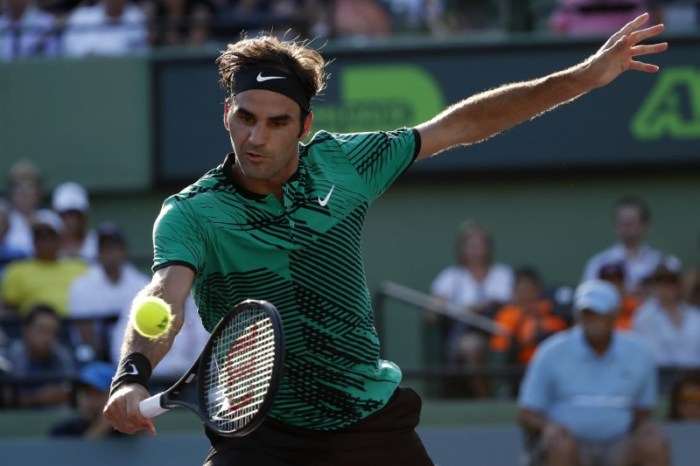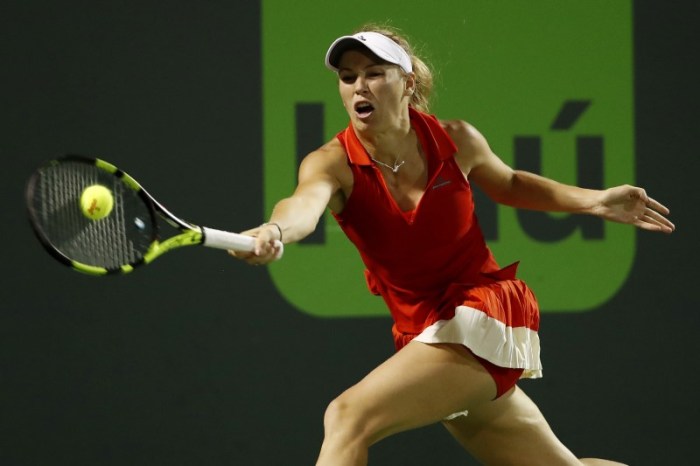By Brian Oliver
RIO DE JANEIRO (Reuters) – Paul Coffa, one of weightlifting’s best-known coaches and administrators who has been involved in the sport for more than half a century, has blamed former Soviet Bloc countries for persistent cheating that has once more damaged the image of the sport at the Rio Olympics. Russia were banned from Rio for “bringing weightlifting into disrepute” and Bulgaria for multiple offences last year.
Six 2012 champions were excluded from Rio because of doping, including four from Kazakhstan and one from Poland. Two Poles were among the four weightlifting positives announced in the past 10 days. Of the 29 positives announced from reanalysis of 2008 and 2012 samples, 26 were from the pre-1989 Eastern Bloc. “We have to do something or the sport will go down,” Coffa told Reuters.
Coffa, 74, General Secretary of the Oceania Weightlifting Federation and the Commonwealth Weightlifting Federation, and a former national coach of Australia, said, “Unfortunately I and many other coaches and officials worldwide know what clean athletes are facing year after year, world championships after world championships, Olympics after Olympics. We face certain countries which have absolutely no respect toward fair play. “Unfortunately the Eastern Bloc is still there. You disqualify one and the next one comes from the same part of the world, and the next one.”
“A BIT UGLY” IN KAZAKHSTAN
A senior Olympic official from Kazakhstan, the country with the worst doping record in weightlifting in recent years, said a new anti-doping commission, an investigation into recent positives, and a new sports law would clean up the sport there. Andrey Kryukov, head of the independent anti-doping commission set up in Kazakhstan, said the black market in drugs was largely to blame and “the next big problem for the world anti-doping movement”. “The black market is very strong,” Kryukov told Reuters. “You see the geography of the black market, it’s very strong in most countries in that area (former Soviet Bloc).”
Kryukov said there was no collaboration at a governmental or sports administration level “but under the table, the coaches that cheat are definitely connected. They know the system, the suppliers. The black market works well, there is big money in it. “It’s a very difficult situation now (in Kazakhstan), it looks a bit ugly. Our goal is zero tolerance and you know we mean it from what we did before these Games.”
Kazakhstan put a new sports law in place, set up the new anti-doping commission in March, spent $1 million on new equipment for the laboratory in Almaty, and pledged about $600,000 a year operational costs. They invited a World Anti-Doping Agency (WADA) commission to Kazakhstan in May, tested all 104 athletes in their Olympic team before the Games, and banned three weightlifting coaches from Rio, said Kryukov. They were the personal coaches of lifters who had tested positive. A team from WADA will return to Kazakhstan in September, Kryukov said, and the inquiry will be finished by October 1.
Kazakhstan has had 32 positives since the 2008 Olympics. National weightlifting coach Aleksey Ni has been in charge since 1993 and Kryukov said he had been allowed to go to Rio because there was no evidence against him, only the personal coaches of individuals. “We cannot ban him (Ni) unless we have evidence against him. You will see some strong, strong things when we make our investigation. If we find any evidence… no way to anyone, no way,” said Kryukov, a businessman and a vice president of Kazakhstan’s National Olympic Committee. DOPING + WINNING = FRAUD
Kazakhstan and Belarus were close to being banned from Rio along with Russia and Bulgaria. In June the International Weightlifting Federation voted to ban for one year all nations who had three or more positives in the retests from 2008 and 2012 “subject to confirmation by the IOC”. Kazakhstan and Belarus both exceeded the limit, as did Azerbaijan and Turkey. Because of delays in completing the testing and appeals process the IOC confirmation was not forthcoming before the Games started. If and whenit does arrive, the one-year bans will still apply, the IWF confirmed. Adrian Zielinski, the 2012 champion at 85kg, and his brother Tomasz were sent home from the Polish team after the results of pre-Games tests showed positive last week.
A statement from Poland’s Ministry of Sport and Tourism said it was considering reducing or stopping state funding of the Polish Weightlifting Federation (PZPC).
Szymon Kolecki has said he will stand down as president of PZPC when the Games end. Kolecki served a doping ban that kept him out of the 2004 Olympics.
A recent amendment to Polish law gave the national anti-doping agency new powers, which led to three weightlifters being caught, the Zielinskis and a former Olympian who was not in the Rio team.
“Everyone taking performing enhancement drugs who achieves success in sport is a fraud,” the Ministry said. “This year the Ministry transferred 8 million zlotys ($2.09 million) for the fight against doping and next year this amount will be bigger. There is no room for dishonesty in Polish sport.” The Belarus Olympic Committee did not respond to questions put to them by Reuters.
(Reporting by Brian Oliver; Editing by Andrew Hay)


















